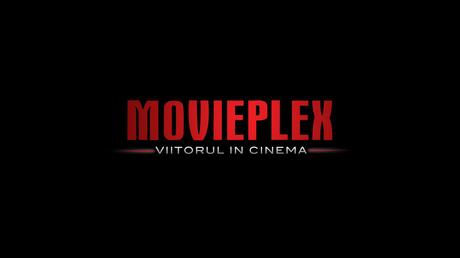
The film is included in a new collection on OpenSea that will enable users to acquire full-length films as NFTs.
NFTs on the blockchain are changing intellectual property rights. What began with blockchain-based digital collectibles supplied as JPEGs is rapidly transforming into a mirror market for nearly anything. From music to goods, the film business is next.
In a news release issued on Wednesday, the digital film collections platform Movieplex announced its partnership with Cinema Libre, a boutique film studio specializing in NFT films, to launch “the first” NFT film on OpenSea.
This is not the first NFT film in the industry. In October, Warner Bros partnered with web3 streaming provider Eluvio to launch the NFT film “The Lord of the Rings: The Fellowship of the Ring.”
Movieplex is built on the scaling protocol Polygon for Ethereum. The technology enables anybody to authenticate the ownership of each NFT film on OpenSea, thereby introducing a new NFT film category to the premier NFT marketplace. Philippe Diaz, the founder and chairman of Cinema Libre Studios, says that NFTs are the way movies will be watched in the future.
“When someone buys a movie on iTunes or Amazon, they only receive a tethered video file. With the NFT, collectors keep an asset which can be resold, while also becoming a part of a community. NFTs create a unique link between the filmmaker and their audience, allowing the buyer to receive subsequent elements that are also part of film distributions – like deleted scenes, interviews with the actors or the director, reviews from festivals, and more,” Diaz said in a press statement.
The first NFT film from the two companies will be a documentary about the environment called “Phosfate.” “Guantanamo Diary Revisited” and “From Iceland to Eden” are the next two films in the works.
Frank Ramos, co-founder and CEO of Movieplex, said that video content will be a key part of bringing the next billion people to web3.
On the other hand, co-founder Garry Dolley, who assisted Ramos in developing the Cinemaplex technology, stated: “The distributed file storage architecture of Web3 will break the expense of traditional film streaming costs and drive centralized bandwidth usage to near zero. This will make Web3 film-streaming business models far more profitable than traditional streaming platforms.”
Leave this field empty if you're human: